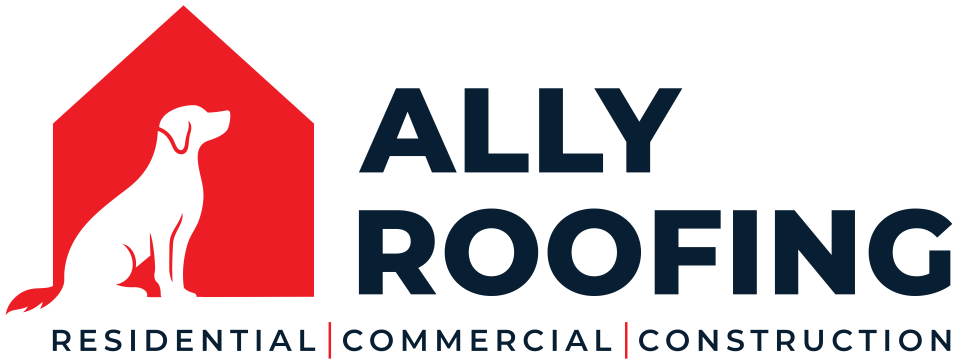Though it may not be as apparent, indoor air quality is as equal a concern as outdoor air quality from a health and safety standpoint. Breathing in the contaminated air can lead to a wide range of short-term and long-term health effects.
Most people are not even aware nor concerned with the presence of air contaminants in their home. So below, we’re going to explore air pollutants, their causes, the associated health effects, and how to identify and remediate poor indoor air quality.
Examples of indoor Pollutants
An indoor air pollutant is any kind of airborne gas, vapor, particulate, microbial contaminant, or substance that can cause negative health effects. Dividing them into categories we have:
Biological Pollutants
- Mold
- Mildew
- Fungi
- Pollen (aeroallergens)
- Dust Mites
- Bacteria (such as Legionella)
Chemical Pollutants
- Carbon Monoxide (CO)
- Nitrogen Dioxide (NO2)
- Formaldehyde
- Asbestos
- Ozone
- Lead
- Particulate Matter
- Volatile Organic Compounds (VOCs)
Radiological Pollutants
- Radon
The Causes of Poor Indoor Air Quality
The most common sources of indoor air contaminants are as follows:
- Occupants (tobacco smoke, perfume, body odors, CO2)
- Materials (dust, gases, asbestos, fiberglass)
- Cleansers/solvents/pesticides, etc. (VOCs, toxic vapours)
- Off-gas emissions from carpets, furniture, and paints (gases, vapors, odors)
- Carpets and fabrics (dust mites)
- Damp areas (mold, bacteria, fungi)
- Photocopiers, electric motors, air cleaners (ozone)
In the home, the most likely causes of poor indoor air quality come from off-gassing, insufficient ventilation, and damp areas caused by water damage or condensation buildup.
Health Hazards of Poor IAQ
In the short-term, you may experience fatigue, headache, dizziness, coughing, sneezing, wheezing, or irritated eyes, nose, throat, and skin. These symptoms can occur immediately or develop after a short time. Usually, these short-term symptoms will be alleviated once you vacate the affected area. Some discomfort is expected from most individuals. However, in others, the complications can be quite severe or even deadly.
Long-term exposure to these hazards can have damning and potentially lethal effects on your health. Asbestos and tobacco smoke are known to be carcinogenic. Lead can cause brain damage. Animal dander may carry infectious diseases. Prolonged exposure to air pollution damages the arteries, potentially leading to a heart condition.
Identifying Poor IAQ
Air quality testing will identify the presence of pollutants in your home’s air. Until you know exactly what contaminants you’re dealing with don’t expect to breathe freely. You can’t remediate indoor air problems until you know where they are coming from.
Improving the Indoor Air Quality
Below are a few things you can do in your home to prevent the issues that lead to poor indoor air quality.
Maintain a Clean Home
Establish a routine vacuuming schedule to remove allergens from the floors. Vacuum using a HEPA filter and clean it on a regular basis. Prevent dishes or damp clothes from accumulating. Stay vigilant when it comes to appliances, plumbing, and home fixtures in order to spot problems early.
Keep Humidity Levels Under Control
You’ll want to keep your home’s humidity level around 30%-50%. If too high, invest in a dehumidifier to keep your indoor air at a comfortable temperature.
Ensure Adequate Ventilation
Always use the exhaust fan when cooking, using the dishwasher, or showering/bathing. Proper air exchange and air circulation are also important in maintaining optimal air quality in your home.
Make Necessary Repairs
If mold or mildew growth has occurred due to water damage, it is advised that you hire a mold remediation contractor. Never allow standing water to sit as mold growth can occur in as little as 24-48 hours.
Don’t Smoke Indoors
Protect your health and that of your family by banning smoking in your home. Smoking is not only deadly to you but second-hand smoke can cause problems for those around you. Not to mention the amount of documented fire hazards surrounding smoking within the home. Keep cigarette smoke outdoors or simply don’t do it.
It always pays to be well prepared for whatever the future brings. This is also why you should have a restoration company you know and trust. Mission Restorations has experts in fire, water, and mold restoration. If ever in need of services, don’t hesitate to call the best damage restoration team in Charlotte and its surrounding areas at 704-727-2000.



